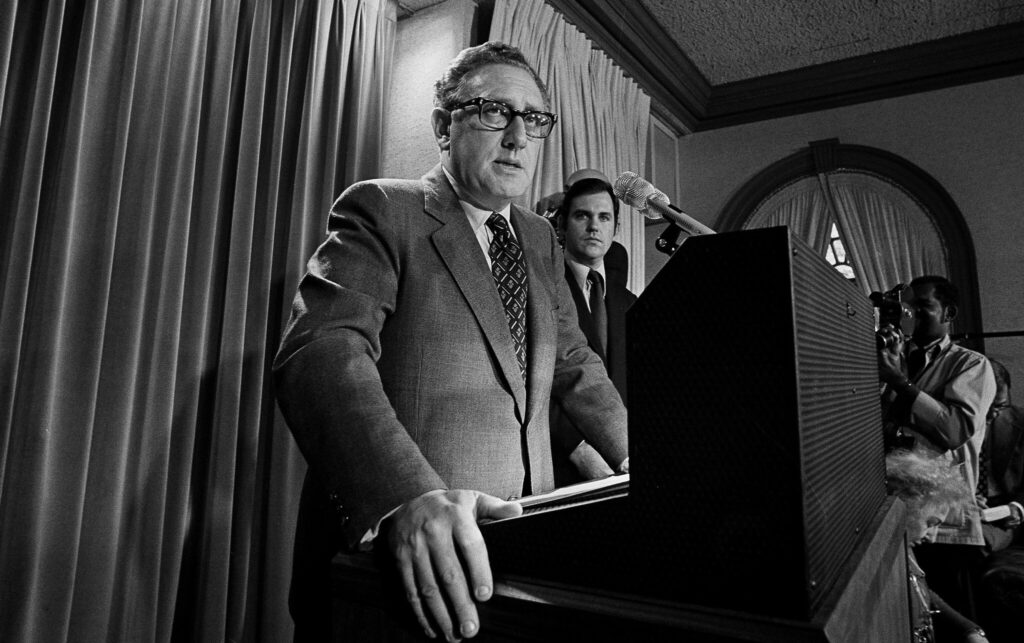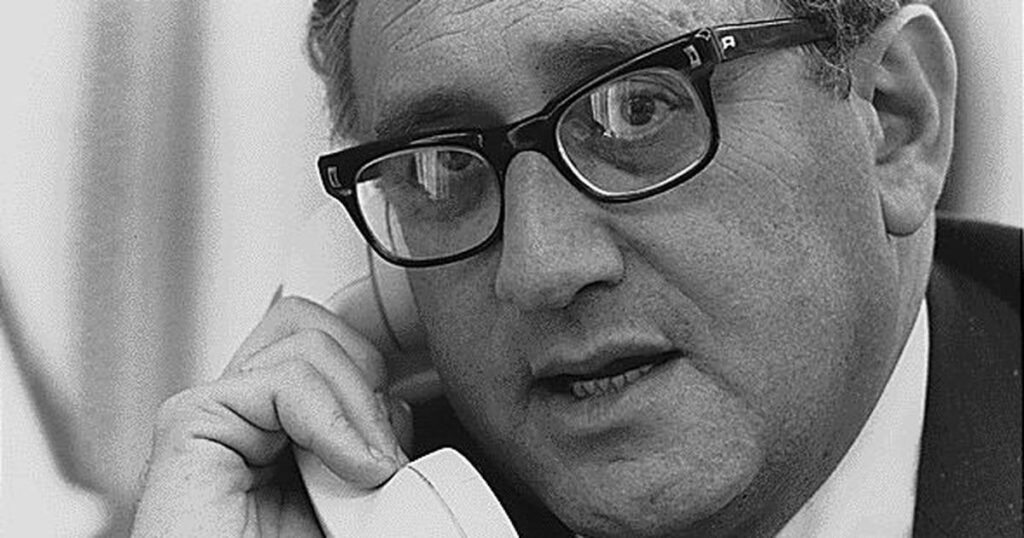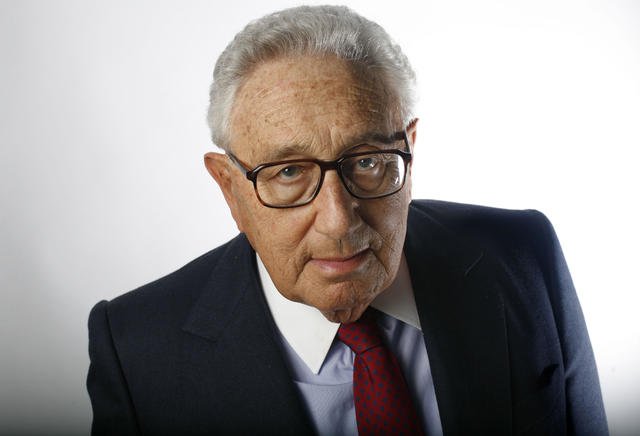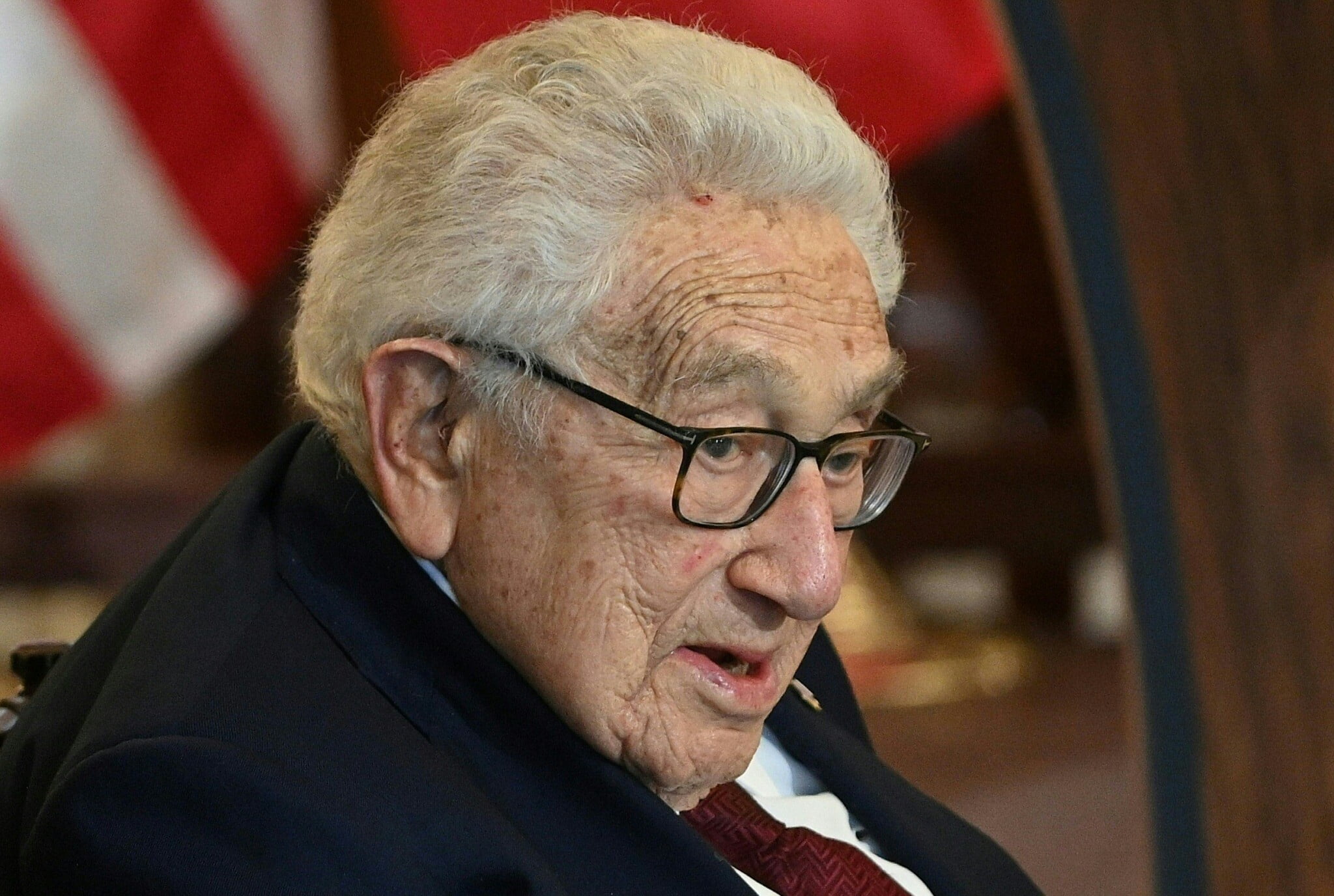The world mourns the passing of a diplomatic giant, Henry Kissinger, who, at the age of 100, left an indelible mark on global politics and significantly shaped U.S. foreign policy for decades. Serving as the Secretary of State under Presidents Richard Nixon and Gerald Ford, Kissinger’s influence extended far beyond his official roles, earning him both praise and criticism. This article delves into the life, accomplishments, and enduring legacy of a man whose name became synonymous with realpolitik and international relations.
Early Life and Education:
Henry Alfred Kissinger was born on May 27, 1923, in Fürth, Germany, to a Jewish family that fled the Nazi regime, immigrating to the United States in 1938. Kissinger’s journey to prominence in American politics was marked by his academic brilliance. He earned a bachelor’s degree from Harvard University in 1950 and a doctorate in government in 1954, laying the foundation for his later career as a scholar and statesman.

Rise to Prominence:
Kissinger’s career in academia and government service intersected as he joined the faculty of Harvard University while advising the U.S. government on foreign policy matters. His breakthrough came in 1969 when President Nixon appointed him National Security Advisor, a role in which he played a crucial part in shaping policies during a tumultuous period that included the Vietnam War and Cold War tensions.

Diplomatic Achievements:
One of Kissinger’s most notable achievements was his role in negotiating the end of the Vietnam War. His diplomatic efforts culminated in the Paris Peace Accords in 1973, earning him the Nobel Peace Prize alongside North Vietnamese negotiator Le Duc Tho. While the accolade was met with both praise and controversy, it highlighted Kissinger’s role in attempting to bring an end to a conflict that had deeply divided the nation.
Kissinger’s influence extended to the groundbreaking diplomatic initiatives with China, famously known as the “opening of China.” In 1971, he made a secret trip to Beijing, paving the way for President Nixon’s historic visit the following year and the normalization of relations between the U.S. and China. This move reshaped the geopolitical landscape and marked a significant departure from the isolationist policies of the past.
Realpolitik and Controversies:
Kissinger’s approach to foreign policy was characterized by realpolitik, a pragmatic and realistic view of international relations that prioritized national interest over ideology. While this approach led to strategic successes, it also sparked controversies. Critics pointed to his involvement in covert operations, such as the U.S. bombing of Cambodia during the Vietnam War, as well as allegations of human rights abuses and authoritarian support in Latin America.

Legacy:
Henry Kissinger’s legacy is a complex tapestry of diplomatic triumphs and moral quandaries. His influence extended beyond his time in office, as he continued to be a sought-after advisor and commentator on global affairs. The Kissinger Associates consultancy, founded in 1982, provided strategic advice to multinational corporations, further cementing his impact on international relations.

Conclusion:
As the world bids farewell to Henry Kissinger, it reflects on the life of a man whose intellect, pragmatism, and strategic thinking shaped decades of U.S. foreign policy. His legacy is one of diplomatic prowess, marked by historic achievements and enduring controversies. Whether celebrated as a statesman or criticized for his realpolitik approach, there is no denying the indelible mark left by Henry Kissinger on the world stage.

